Trump Cuts Off All U.S. Foreign Aid for 90 Days; Israel, Egypt, and Jordan Exempted
In a surprising move that has garnered significant attention worldwide, President Donald Trump has announced that the United States will halt all foreign aid for a period of 90 days. This sweeping decision is set to have major implications for numerous countries around the globe that rely on U.S. assistance for economic development, military aid, and humanitarian projects. However, the president has made exceptions for three key Middle Eastern allies—Israel, Egypt, and Jordan—who will continue to receive aid despite the temporary freeze.
This dramatic cut in foreign aid is part of a broader strategy by the Trump administration to reassess the distribution of U.S. resources and prioritize domestic needs. The 90-day freeze is intended to provide time for a review of foreign aid programs, ensuring that funds are being allocated efficiently and that they align with American strategic interests. While the decision has been met with both support and criticism, it underscores the ongoing debate over the role of U.S. foreign aid in international relations and its impact on global diplomacy.
The Impact of the Foreign Aid Freeze
The halt in foreign aid is expected to have far-reaching consequences for the countries that depend on American assistance. U.S. foreign aid plays a crucial role in funding development projects, promoting stability, and supporting military and humanitarian operations across the world. From providing aid to impoverished regions to supporting military alliances and peacekeeping efforts, American foreign aid is a key tool in shaping U.S. foreign policy and promoting global stability.
The temporary suspension of foreign aid will likely affect several countries, especially those in regions such as Africa, South Asia, and Latin America, which rely heavily on U.S. assistance for development and poverty alleviation programs. For example, many countries in sub-Saharan Africa receive significant amounts of U.S. foreign aid to support health initiatives, infrastructure projects, and economic growth. Humanitarian aid programs, including disaster relief and refugee assistance, will also be impacted by this decision.
While the aid freeze may be temporary, it highlights the vulnerabilities of nations that rely on U.S. support. The suspension could disrupt essential programs, delay key projects, and place additional pressure on governments already grappling with economic challenges. Furthermore, it sends a message that U.S. foreign aid is subject to political changes and priorities, creating uncertainty for recipient nations.
Exemptions for Israel, Egypt, and Jordan
While the U.S. has imposed a blanket freeze on foreign aid for most countries, it has made notable exceptions for three Middle Eastern allies: Israel, Egypt, and Jordan. These countries have long been key partners in the region, and the continued flow of U.S. aid to them is seen as crucial to maintaining stability in the Middle East.
Israel: A Longstanding Ally
Israel remains one of the largest recipients of U.S. foreign aid, receiving billions of dollars annually in military assistance and security support. This aid is viewed as a cornerstone of the U.S.-Israel relationship and a key element of American foreign policy in the Middle East. The decision to exempt Israel from the foreign aid freeze ensures that the U.S. will continue to provide critical military aid and maintain its strategic partnership with the Jewish state.
U.S. military aid to Israel is primarily used to fund the country’s defense systems, such as the Iron Dome missile defense system, which has been vital in protecting Israeli civilians from rocket attacks. Additionally, U.S. assistance helps Israel maintain its qualitative military edge in the region, ensuring its security amidst ongoing conflicts and tensions with neighboring countries. The exemption reflects the importance of Israel’s strategic position in the region and its role as a key U.S. ally.
Egypt and Jordan: Key Middle Eastern Partners
Egypt and Jordan also continue to receive U.S. foreign aid despite the 90-day freeze. Both countries have been critical allies of the U.S. in the Middle East, particularly in efforts to promote regional stability and combat terrorism.
Egypt, one of the largest recipients of U.S. military aid, uses this funding to maintain its military capabilities, fight extremist groups, and secure the Suez Canal, a vital global trade route. The U.S. has long seen Egypt as an essential partner in promoting peace and stability in the region, and continued aid ensures that Egypt remains a reliable ally in the fight against terrorism and instability.
Jordan, similarly, receives U.S. aid for its military, security, and economic programs. As a key partner in efforts to counter extremism and support regional peace processes, Jordan has benefited from U.S. assistance in strengthening its security forces and providing humanitarian support to refugees, particularly those displaced by the Syrian civil war. By exempting Jordan from the aid freeze, the U.S. signals its continued support for the kingdom and its role as a stabilizing force in the region.
The Strategic and Political Implications of the Aid Freeze
President Trump’s decision to freeze foreign aid for 90 days is not just an economic measure; it also has significant political and strategic implications. By halting aid to most countries while continuing to support Israel, Egypt, and Jordan, the Trump administration is signaling its desire to reassess U.S. foreign policy priorities and focus on strategic alliances that align with American interests.
Reassessing Foreign Aid
The 90-day freeze provides an opportunity for the U.S. government to conduct a comprehensive review of foreign aid programs. This review will likely examine the effectiveness of aid, the accountability of recipient governments, and the overall return on investment for American taxpayers. In the past, critics of U.S. foreign aid have argued that many programs do not lead to measurable improvements in the recipient countries and that the funds are sometimes mismanaged or siphoned off by corrupt governments. The freeze offers a chance to address these concerns and potentially reshape U.S. foreign aid policies.
Trump’s administration has consistently emphasized the importance of “America First” policies, which prioritize U.S. interests over global commitments. By freezing foreign aid to most countries, Trump is reinforcing his stance that U.S. resources should be allocated in a way that benefits Americans first and foremost. The decision may also reflect the administration’s focus on ensuring that U.S. aid is being used to support strategic allies, such as Israel, while limiting financial support to countries perceived as less aligned with U.S. objectives.
Impact on U.S. Global Influence
Foreign aid has long been a tool for the U.S. to exert influence around the world, promote democratic values, and strengthen its alliances. The suspension of aid to certain countries could potentially undermine the U.S.’s diplomatic efforts, particularly in regions where American aid plays a significant role in maintaining political and economic stability.
Countries that rely on U.S. foreign aid may look to other global powers, such as China or Russia, to fill the void left by the temporary freeze. In recent years, both China and Russia have expanded their influence through strategic investments, loans, and development aid in regions traditionally dominated by U.S. foreign assistance. The U.S. decision to cut foreign aid could further fuel competition with these global powers, as countries seek new sources of financial and political support.
Reactions from Global Leaders
The 90-day freeze on foreign aid has already sparked a range of reactions from world leaders and international organizations. Many have expressed concern over the potential disruptions to humanitarian projects, development initiatives, and peacekeeping operations funded by U.S. aid. Countries that rely heavily on American assistance may find it challenging to navigate the absence of U.S. support, particularly in regions struggling with conflict, poverty, and disease.
However, some leaders have supported the move, viewing it as an opportunity for the U.S. to prioritize its own interests and reevaluate its international commitments. Others have pointed out that the freeze could be a temporary political maneuver, and that future foreign aid decisions will be influenced by the evolving priorities of the Trump administration.
Conclusion: A Short-Term Freeze with Long-Term Implications
President Trump’s decision to cut off all U.S. foreign aid for 90 days—while exempting Israel, Egypt, and Jordan—marks a significant shift in U.S. foreign policy and a reevaluation of how American resources are allocated internationally. The freeze provides an opportunity for the U.S. government to assess the effectiveness of foreign aid programs and ensure that U.S. funds are being used strategically to support key alliances and American interests.
While the freeze may be temporary, the broader political and strategic implications of this decision could reshape U.S. foreign aid policies for the future. As countries around the world adapt to the changes, the global balance of power could shift as nations seek alternative sources of support and explore new alliances. Whether this decision leads to long-term changes in U.S. foreign policy or is seen as a short-term adjustment remains to be seen, but it is clear that the global impact of U.S. foreign aid will continue to evolve in response to shifting priorities and geopolitical dynamics.
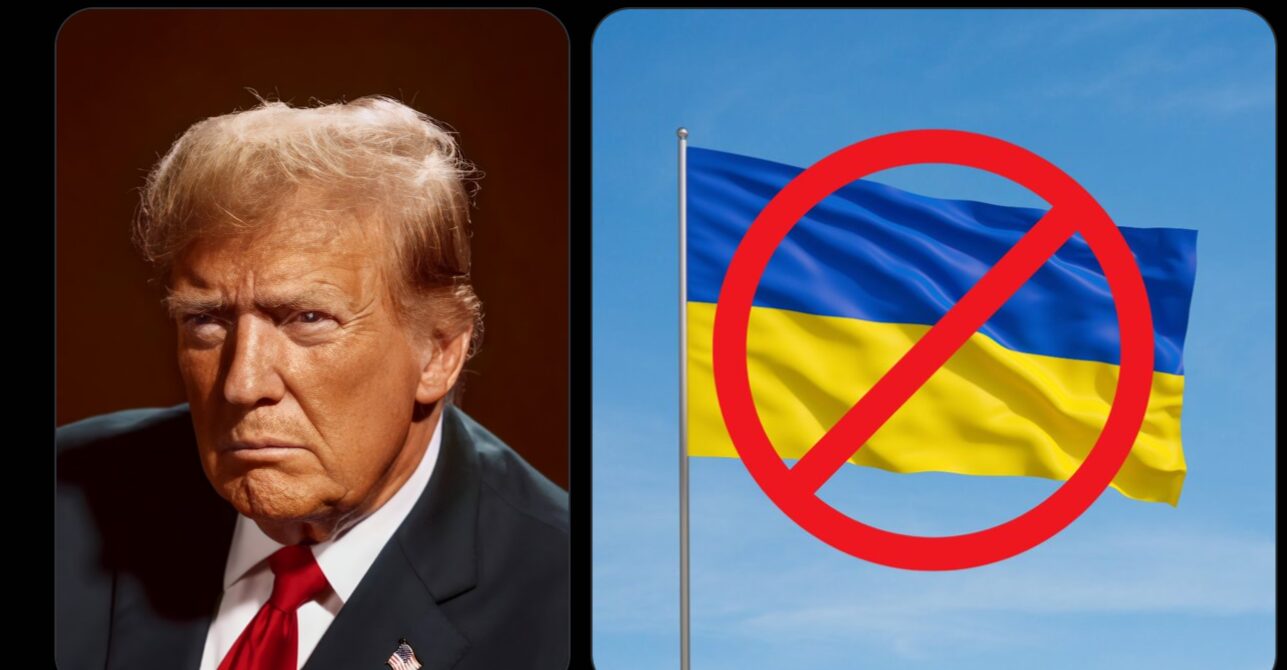
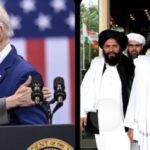


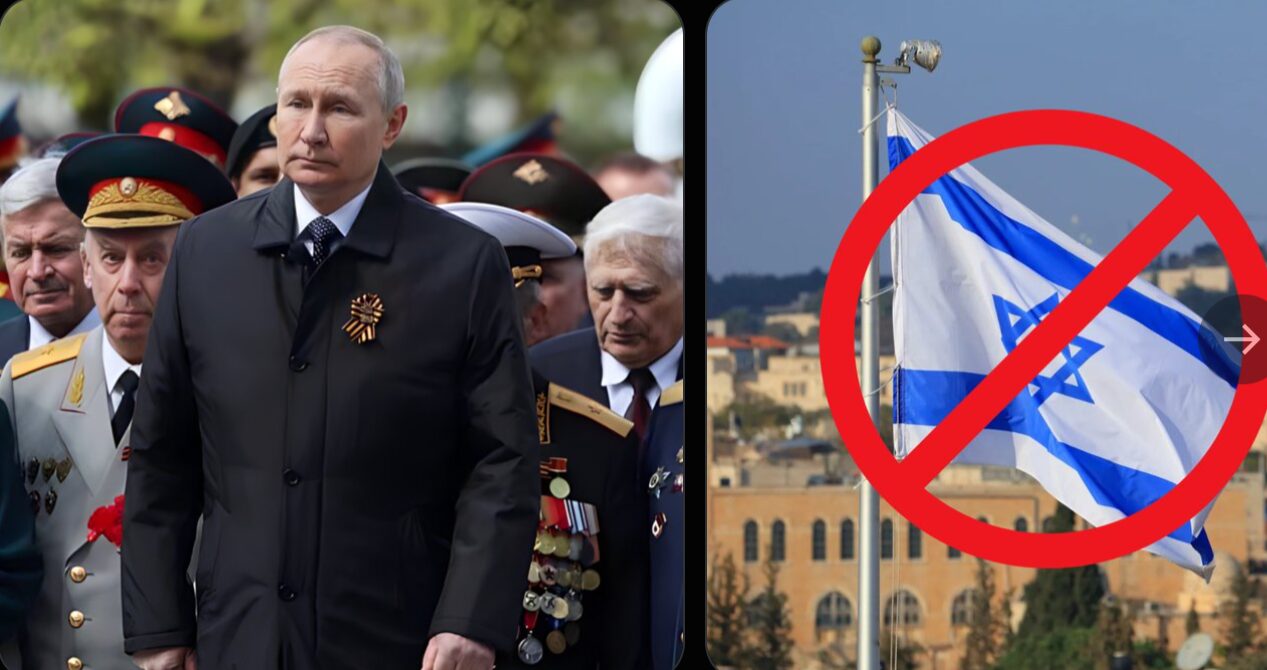

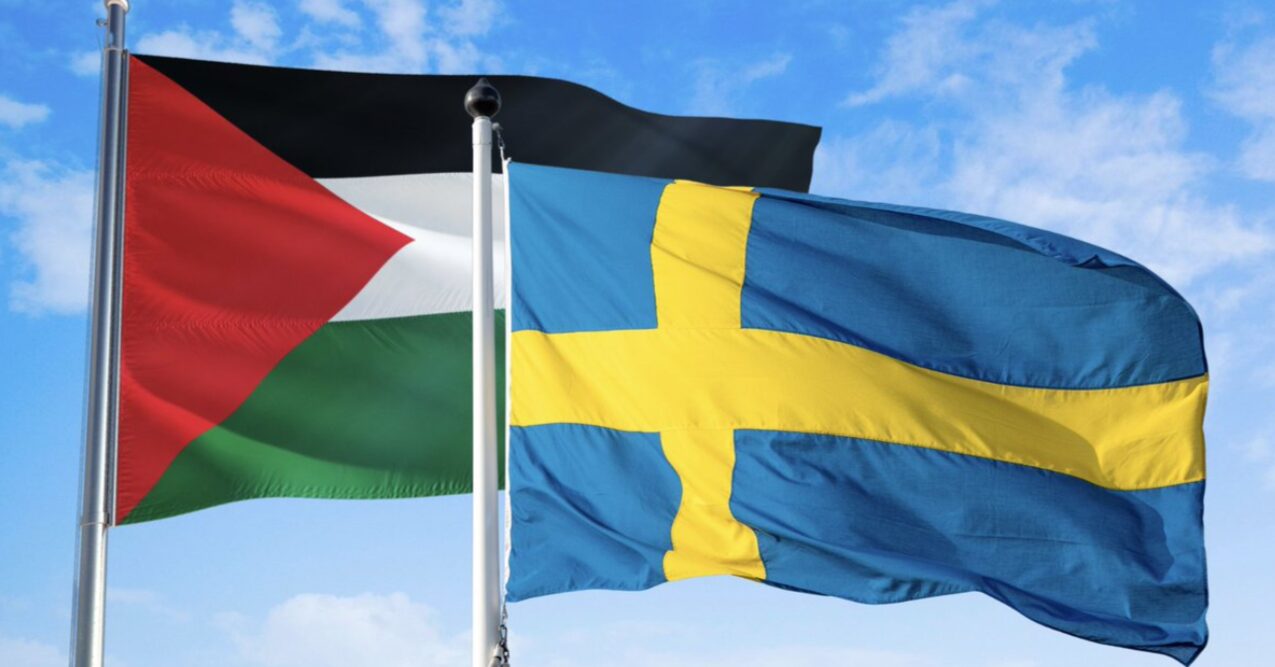
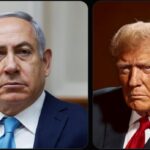









Post Comment